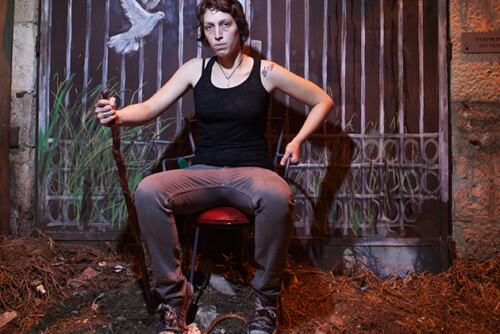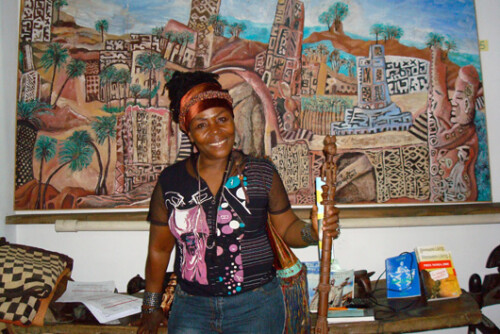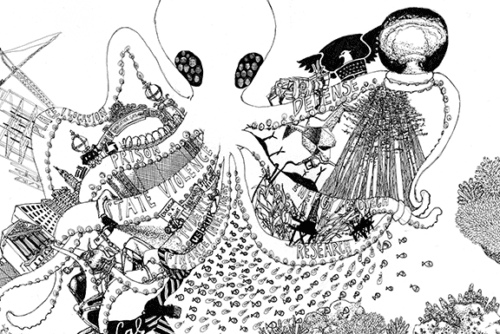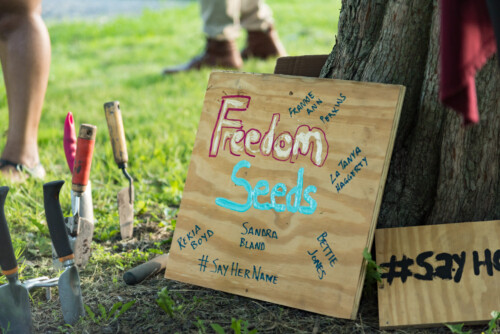Introduction
In this short paper, I would like to draw attention to the subject of religion, secularity and non-heterosexuality in Western Europe. I intend to explore in a preliminary way some instances of journalistic coverage of what I call recent challenges to the “authority of religion” and the “authority of sexuality” in Flanders—the Dutch-speaking northern region of Belgium. I note that the journalistic coverage of the challenge to sexuality triggers reaction and debate, while the coverage of the challenge to religion triggers very little. I employ a critical comparative approach and ask how we can explain the controversiality of the first and point at issues that I believe need to be taken into account in order to further our understanding of the ways in which religion, gender, secularity and sexuality come to be constructed. I argue that a critical perspective that is sensitive to European local contexts benefits from combining postcolonial, postsecular and queer theory and insights.
Constructing Religion, Secularity and Homosexuality in Public Debates
The examples I explore below are different cases of challenges to the “authority of religion” and the “authority of sexuality” in Flemish public debates of the first half of 2013.
My first example concerns the early 2013 actions of the Belgian branch of the originally Ukraine feminist movement Femen, eagerly covered by all sorts of Flemish newspapers. In its activism, Femen demonstrates an understanding of a shared struggle by feminists and sexual minorities vis–à–vis religion and religious authorities. At the end of April 2013, Femen activists were able to intrude a lecture about blasphemy, organized by ULB, the French-speaking university of Brussels, and harassed the speaker, the Belgian archbishop Joseph Léonard, with what they mockingly called “holy water”. Pouring water on the archbishop, and shouting slogans such as “Stop homophobia” and “Anus Dei is coming”, the activists protested his point of view on homosexuality. 1 Interestingly, in an interview with a journalist afterwards, one Femen member used explicit religious terminology to explain their action: “We used holy water to help mgr. Léonard to take back his words. Maybe heaven will help him. At least he prayed for us.” 2
This action of Femen received wide media attention. It provoked some discussion about the usefulness of Femen’s strategy, as well as about the appropriateness of newspaper editors’ decisions to give ample attention to the event. 3 The action was fiercely denounced by the federation for Belgian bishops, which emphasized in a press announcement the value of open debate and freedom of speech. 4 What interests me here is that Femen’s action provoked little discussion about its understanding of Catholicism as the enemy of sexual minorities. A different and somewhat more lively debate followed newspapers’ coverage of a Femen action that took place a little earlier—during the first week of April 2013—at the Grand Mosque in Brussels. There, Femen protested against the treatment of Tunisian Femen member Amina Sboui at the hands of the Tunisian government as well as her family. They employed slogans such as “Fuck your morals” and “Bear breasts against Islamism.” Femen announced that day, the 4th of April, to be the International Topless Jihad Day, and also in other European cities—such as Berlin, Paris, Milan and Stockholm—protests by Femen activists took place in front of embassies and mosques. 5 Afterwards, this action was discussed, notably by feminist voices who aimed at denouncing Femen and taking critical distance from Femen’s version of feminism, in mainstream as well as leftist newspapers in terms of its notions of religion, feminism, and women’s emancipation, and its links to racism and Islamophobia. 6 As, for example, Bieke Purnelle put it in the well-known online leftist newspaper De Wereld Morgen:
Shevchenko & Co. appoint themselves as protectors of Muslim women. They do not take into account that culture and religion play an important role in the lives of many people, including women. Religion and expressing it is a fundamental right. It is true that women are oppressed by sharia, but generalizing this injustice to all women in the Middle East and to Islam is short-sighted and not constructive. 7
Albeit few, the feminist responses to Femen’s protest at the Grand Mosque of Brussels make the silence around Femen’s protest against bishop Léonard concerning its construction of the relationship between religion and sexuality more striking. It seems that the journalistic responses to Femen either say nothing about religion (in the case of bishop Léonard), or they defend religion (in the case of the Grand Mosque), notably against Islamophobia. The difference might be based on the assumption that Femen attacked Catholic authorities particularly (which is then considered a valid attack), while it attacks Islam or Muslims generally (which is then considered an Islamophobic attack that needs to be denounced). Or, it may rather be based on the affective response that Catholicism is the majority religion in Belgium and maintains a position of institutionalized power (and can or should therefore be mocked and critiqued), while Islam is a minority religion and its adherents are often discriminated against (which means that critique should be articulated, if at all, very carefully). Last, understandings of Catholic lay believers as much more able to bear heavy critique levied against Catholic authorities (which means that an ability of critical distance is then implied here) compared to Muslims being more easily hurt by their religious institutions/symbols being attacked, could also play a role. I would suggest that to some degree, all three elements play a constitutive role in how controversies about religion, gender and sexuality come into being (if at all) and how they are framed. Much more in-depth comparative research is needed to determine whether this hypothesis holds. As a footnote, these two actions, the first at the Grand Mosque in Brussels, and the second against bishop Léonard, are up until today the only actions of the Belgian branch of Femen. During the second week of September, the Belgian branch of Femen announced its own abolishment due to international internal disagreements about its future direction. 8
Given that Femen’s activism vis-à-vis religious authorities triggered only few reactions about how to understand the relationship between religion and the emancipation of women and sexual minorities, we may assume that Femen’s oppositional framing of the relationship between Christianity and Islam on the one hand, and gender and sexual equality and freedom on the other, has been legible for many in Flanders. However, the journalistic coverage of an event that took place two months earlier was clearly not. The controversy around this event is this paper’s second example of recent constructions of religion, secularity, and non-heterosexuality in Flemish public debates. I suggest that the difference regarding the level of controversiality of the two examples raises questions regarding which constructions of religion, secularity, and sexuality are legible and acceptable to those who participate in public debates, and which ones are not, and why this is the case. This does not mean that other notions of religion, secularity and sexuality do not exist; however, they remain at the margins or outside the public debates taking place between politicians, journalists, and civil society actors.
- “Femen Belaagt Aartsbisschop Léonard,” De Morgen, April 23, 2013.[↑]
- “Femen: ‘Léonard Doen Nadenken,’” VTM Nieuws, April 24, 2013.[↑]
- Fikry El Azzouzi, “Misschien Begrijp Ik Vrouwen Gewoon Niet,” Kifkif, April 28, 2013; Tom Naegels, “In Gods Naam,” De Standaard, May 22, 2013; “Femen: ‘Léonard Doen Nadenken,’” VTM Nieuws, April 24, 2013.[↑]
- Bieke Purnelle, “Het Fenomeen Femen,” De Wereld Morgen, April 24, 2013.[↑]
- “Topless Protest voor de Grote Moskee in Brussel,” De Morgen, April 4, 2013; Alan Taylor, “Femen Stages a ‘Topless Jihad,’” The Atlantic, April 4, 2013.[↑]
- Julie Carlier, “Blote Borsten Zonder Boodschap,” De Standaard, April 25, 2013; Evie Embrechts, “Femen en de Paternalistische Pornocultuur,” De Wereld Morgen, April 10, 2013; Bieke Purnelle, “Het Fenomeen Femen,” De Wereld Morgen, April 24, 2013.[↑]
- Bieke Purnelle, “Het Fenomeen Femen,” De Wereld Morgen, April 24, 2013.[↑]
- “Belgische Tak van Femen Houdt het voor Bekeken,” De Morgen, September 10, 2013.[↑]



